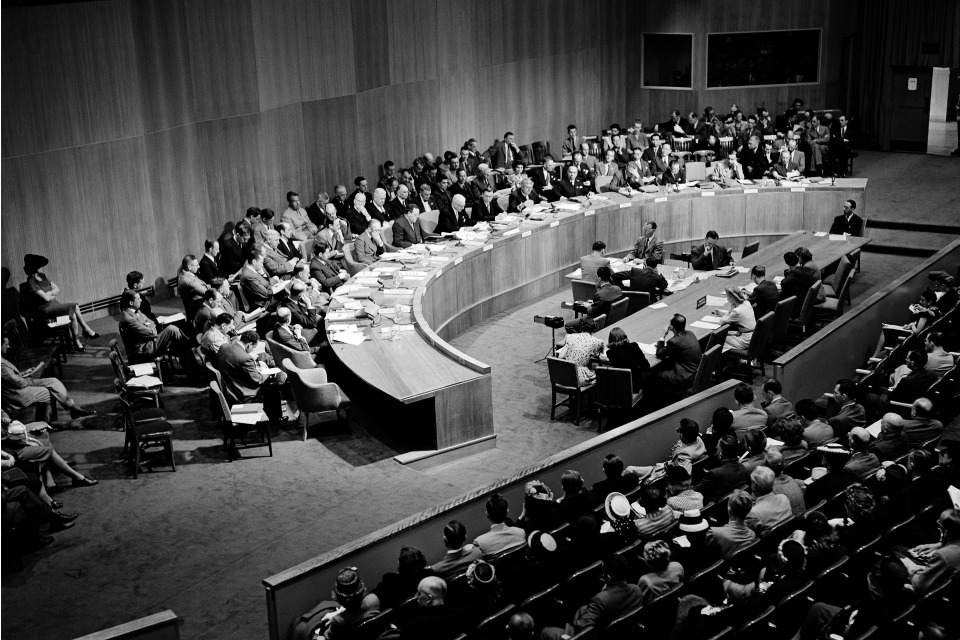"The United Kingdom is a long-standing and firm supporter of the need for reform of the UN Security Council."
Statement by Ambassador Matthew Rycroft, UK Permanent Representative to the United Nations, on UN Security Council Reform

Thank you, Mr President, and my thanks too to Ambassadors Jinga and Khiari for taking on the leadership of the Intergovernmental Negotiations.
The United Kingdom is a long-standing and firm supporter of the need for reform of the UN Security Council. When London hosted the first meeting of the UN Security Council back in 1946 there were 11 members. The membership increased to its current 15 in 1965. In the intervening years, the United Nations has grown and the world has changed. But the Security Council has failed to keep pace with that change. It is right and fair that the world’s principal organ for the maintenance of international peace and security should be representative of the world it seeks to protect.
The United Kingdom therefore welcomes all efforts to move this debate forward, including the establishment of the Group of Friends.
When we consider Security Council reform, we must, of course, be mindful of the need to ensure its effectiveness and make sure that that is never compromised. Too great an increase in size risks a cumbersome and slow decision-making process, undermining the Council’s ability to respond appropriately and quickly to issues of international peace and security. With so many challenges before us, that is a risk we cannot take.
By the same token, we cannot allow the issue of the veto to slow our progress on expansion of the Council. The UK has not vetoed a resolution for over 25 years, and we would only do so in the most exceptional circumstances. We are proud signatories of the ACT Code of Conduct and are committed never to voting against a credible draft resolution on preventing or ending a mass atrocity. Sadly we have seen others wield their veto through narrow self interest, to the significant detriment of the Council’s reputation and indeed its responsibility to those who so desperately need our help.
For these reasons, we believe that a modest expansion in the permanent and non-permanent categories – an increase that balances representation with effectiveness – is the approach that we should collectively pursue. Members will be aware of our support for permanent seats for Brazil, Germany, India and Japan, alongside permanent African representation. Indeed, British Prime Minister Theresa May is today in India discussing that very issue with Prime Minister Modi. Our support is steadfast, and I look forward to working through all available avenues to reach the more representative and more effective Council that we seek.
Thank you.